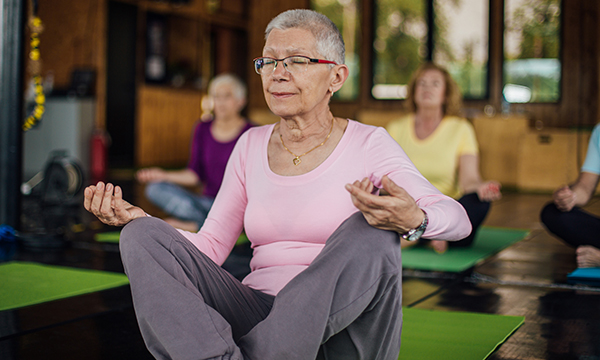Supporting older people experiencing anxiety through non-pharmacological interventions

Resource
Exclusive quality-assured learning resource
Online

Available to RCNi Plus subscribers
Applicable for any nurse with an RCNi subscription
Anxiety is a debilitating condition that adversely affects people’s quality of life. It is challenging to differentiate anxiety from other physical and mental health conditions in older people, particularly those with co-morbid dementia or depression. The coronavirus 2019 pandemic has compounded social isolation and loneliness in older people, causing increased levels of anxiety. Nurses need to be able to detect and assess anxiety in older people and offer short, low-intensity interventions to support older people’s mental health or refer them to specialist assessment and treatment. While research on anxiety in older people is lacking, cognitive behavioural therapy, mindfulness, yoga, music therapy and pleasant activities have shown potential as non-pharmacological interventions for alleviating anxiety in older people. This article explores the role of nurses in identifying when an older person may be experiencing anxiety and then choosing the optimal non-pharmacological intervention to support them.
Who is this resource for?
This resource is aimed at nurses and nursing support workers across all settings and levels of practice, including students of health, social work and care professions.

 ;
; ;
; ;
; ;
;